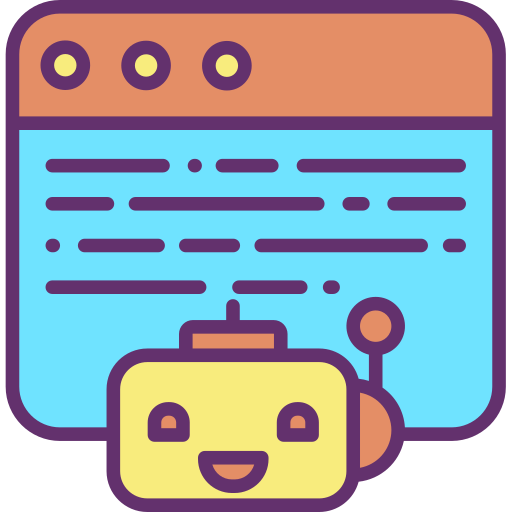To ensure smooth operation of an AI chatbot on a web hosting platform, the hosting environment must meet the following technical specifications:
1. Server Requirements
Operating System
- Preferred: Linux-based (e.g., Ubuntu, CentOS, Debian) for better compatibility and performance.
- Alternative: Windows Server, if required by other components of your system.
Web Server
- Apache 2.4+ or Nginx 1.18+ for serving HTML, PHP, and static files.
- Configured to support SSL/TLS for secure connections (HTTPS).
Supported Languages
- PHP 7.4+ or 8.x (if the chatbot includes PHP for backend processing).
- Node.js 14.x+ (if using modern JavaScript-based chatbot frameworks).
2. Hardware Requirements
CPU
- Minimum: 1 Core.
- Recommended: 2+ Cores for faster request processing and multitasking.
RAM
- Minimum: 1 GB (for light traffic and simple setups).
- Recommended: 2-4 GB (to handle concurrent users and API calls efficiently).
Storage
- SSD storage for faster read/write operations.
- Minimum: 10 GB (for chatbot files, logs, and basic database storage).
- Recommended: 20+ GB to accommodate logs, backups, and extended data.
3. Network Requirements
Bandwidth
- Minimum: 100 Mbps connection to handle user requests and API responses.
- Recommended: Unmetered bandwidth for high-traffic scenarios.
Latency
- Low latency (<100 ms) to ensure quick API interactions with OpenAI or other external services.
Firewall
- Configured to allow outbound connections to OpenAI API endpoints (e.g.,
api.openai.com).
4. Software and Libraries
Server-side Software
- cURL: Required for making API requests to OpenAI or similar services.
- OpenSSL: For secure communication over HTTPS.
- Composer (for PHP): For dependency management if using PHP frameworks like Laravel.
Frontend Libraries
- HTML5 and CSS3 support.
- Optional: JavaScript frameworks like React or Vue.js for interactive chatbot UIs.
5. OpenAI API Integration
API Key Security
- Ensure secure storage of the OpenAI API key using environment variables or configuration files outside the web root.
Rate Limits
- Be aware of OpenAI’s API rate limits and adjust the chatbot logic to handle retries or queue requests during high traffic.
6. Security Features
- SSL/TLS: Mandatory for encrypting user data and securing communications.
- Firewall and DDoS Protection: To safeguard against attacks.
- Regular Backups: Automated backups for chatbot files, logs, and databases.
7. Scalability and Performance
Scalability
- Support for horizontal scaling (e.g., load balancers) to handle increased traffic.
- Optional: Cloud hosting solutions (e.g., AWS, Google Cloud, Azure) for auto-scaling and flexible resource allocation.
Caching
- Implement caching (e.g., Redis, Memcached) to improve response times for frequently accessed data.
8. Development and Debugging Tools
- Access to server logs (e.g., Apache or Nginx logs).
- Error tracking tools (e.g., Sentry) to monitor and debug issues.
- SSH access for advanced troubleshooting and configuration.
Recommended Hosting Types
- Shared Hosting (for small-scale chatbots):
- Suitable for testing and small projects with low traffic.
- Limited customization and resources.
- VPS Hosting (for moderate traffic):
- Provides dedicated resources and greater control over server configurations.
- Cloud Hosting (for high traffic and scalability):
- Offers flexibility, auto-scaling, and high availability.
- Dedicated Server (for enterprise-level needs):
- Full control over hardware and software, ideal for large-scale deployments.
By ensuring your hosting meets these requirements, you’ll have a reliable and efficient environment for running your AI chatbot. If you need further clarification or help with selecting a hosting provider, feel free to ask!

